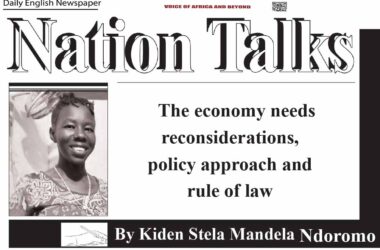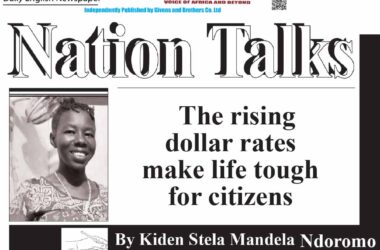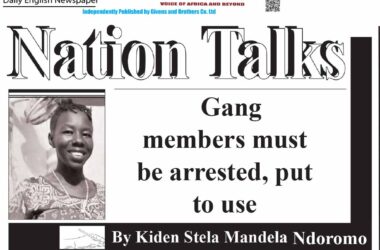In South Sudan, water is now being sold on the black market like the US dollar, becoming increasingly scarce and unaffordable for many.
This situation leaves the poor struggling to access a basic necessity, as the prices set by water tankers are exorbitant.
Recently, the City Council of Juba attempted to regulate water prices, setting rates at SSP 2,500 for nearby areas and SSP 3,500 for more distant locations. However, little has changed since this announcement. The prices of essential commodities remain high, and many water tankers, often owned by foreigners or individuals with government connections, continue to exploit residents.
While the Mayor’s decision was intended to benefit the public, the lack of enforcement has rendered it ineffective. Water suppliers have been defying orders. Residents who complain find themselves without access to water, highlighting the struggles faced under the current political landscape.
As a consequence, some areas of Juba are now without water, despite directives from the Mayor and the Governor of Central Equatoria State threatening to revoke licenses from non-compliant suppliers. Unfortunately, these measures have not been enforced.
The government appears disconnected from the plight of its citizens, focusing instead on consolidating wealth. Water tankers have taken matters into their own hands, exacerbating the crisis.
To address this situation, the government must invest in infrastructure to connect water supply to households, alleviating the burden on residents.
It is essential that water tankers, particularly those operated by foreigners, be regulated or suspended until they agree to fair practices.
I urge the government to take immediate action by installing pipelines for household water access and monitoring suppliers to ensure compliance. It is time for change and price regulation to restore dignity to our community.
God Protect South Sudan
Be right there!



